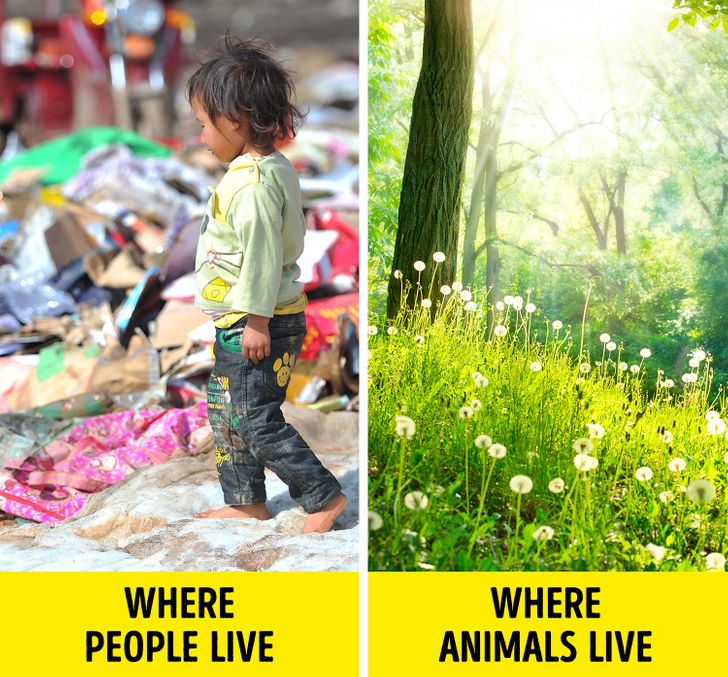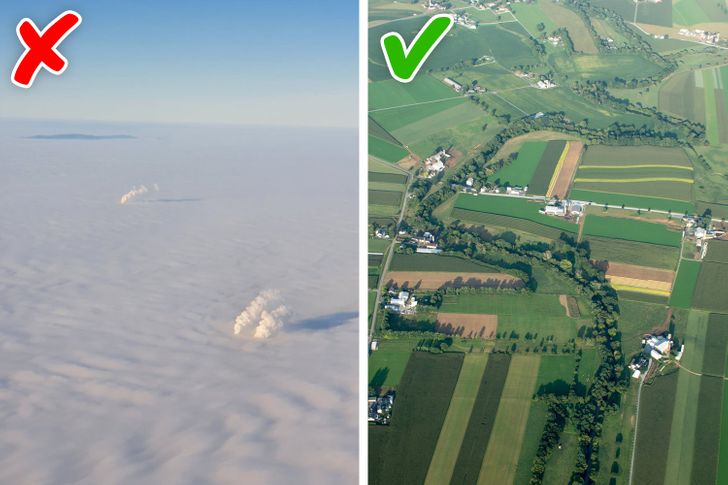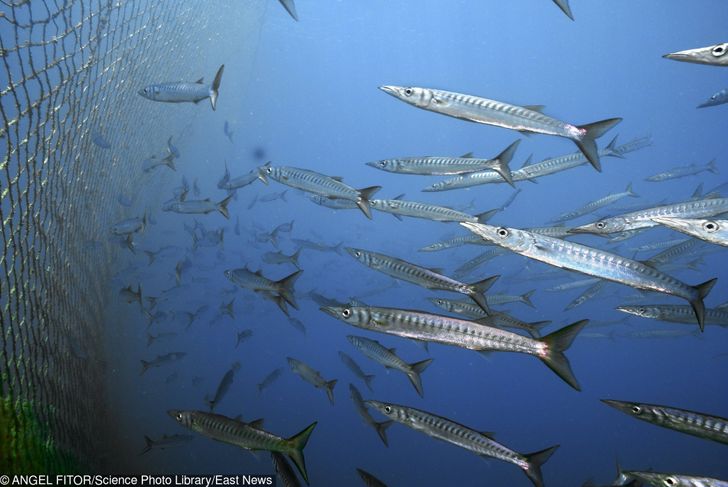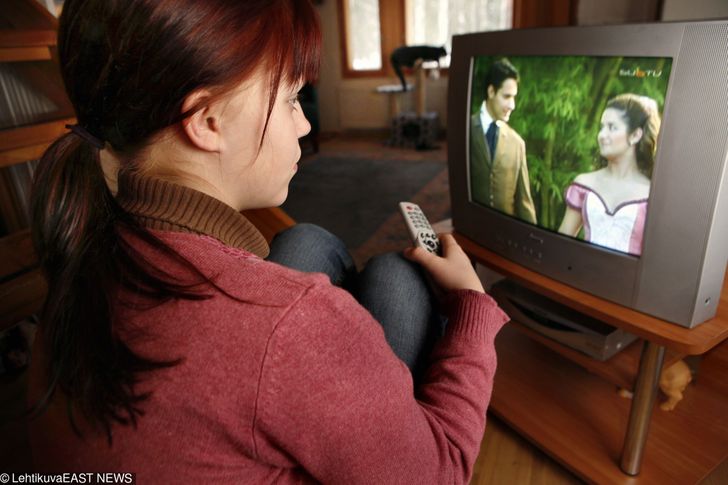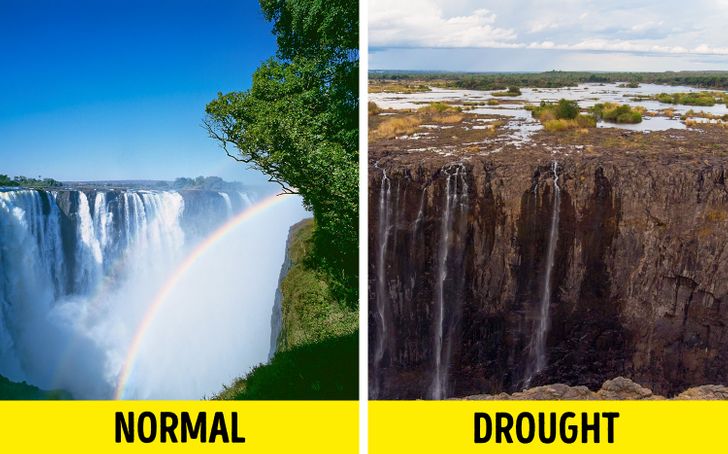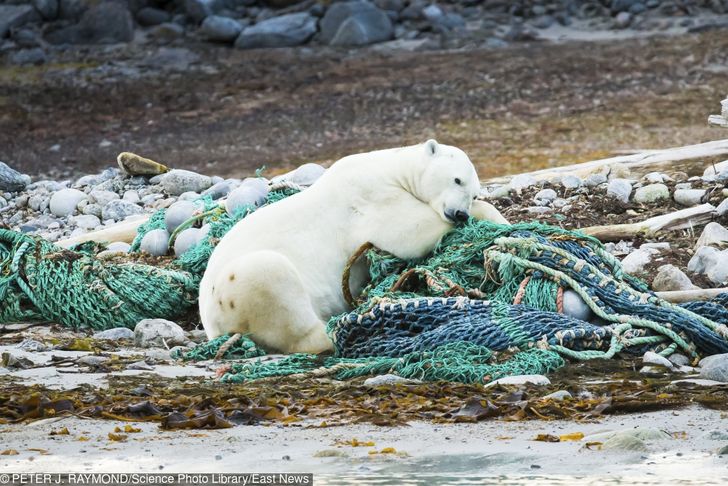Hey Internet/popular culture, let me ask you something. How does hating humans solve the world's problems?
10 Things That Prove Humanity Has Stopped Respecting Itself, and We Do Need to Change It
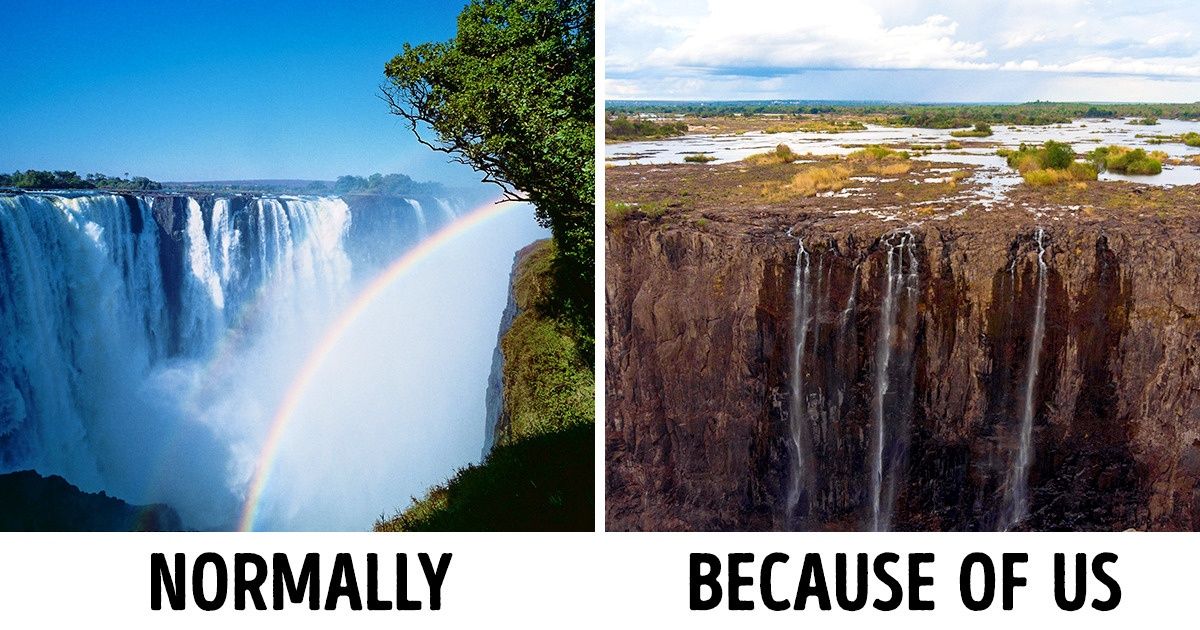
It can take 100 to 1,000 years for plastic bags and 80 to 200 years for aluminum cans to decompose, and one cotton T-shirt can take 3,000 gallons of water to make. These are things that we need to change, both for ourselves and for the animals and plants we share the earth with.
Because there seem to be a lot of things that need changing, Bright Side thought it was important to show the different ways that we have all stopped respecting ourselves and some of the things we can do to stop these bad habits.
1. The impact we have on nature is huge.
Our waste can be harmful when it doesn’t decompose quickly by blocking water flow, causing flooding, and promoting the spread of diseases. Plastic bags and bottles can take over 100 years to decompose, putting them at the top of the list of materials to avoid. Globally, we are still creating a huge amount of waste every day, so much that in 2016 we threw out 242 million tons of plastic trash.
This amount of waste is not only dangerous for our health, but also for sea life with the floating plastic ’trash islands’ we have created. Research tells us that they can be 30 meters (100 feet) deep and that ocean wildlife often choke on it or get caught in it.
2. We are using animals for our own vanity.
Despite having artificial alternatives for fur, every year we are killing countless animals that have been bred for fur. However, there is a company that is cleverly trying to tackle the problem of global fur consumption by creating faux fur from recycled bottles.
3. Our factories are polluting the air we breathe.
In most of our daily lives we may be breathing air with high levels of pollution from car exhaust fumes and/or industrial emissions. This can be dangerous for our health, as the World Health Organization warns us that fumes from cars can harm our respiratory health and can be linked to lung cancer.
The good news is that the first Global Conference on Air Pollution and Health was held in 2018 to help to fight air pollution. 25 solutions were proposed, such as improving emission standards and switching to renewable energy sources. These could hugely impact the air pollution levels in the future by helping to lower them.
4. Our greed is now reaching the deep-sea.
A study about the deep-sea ecosystem suggests trawling (a type of fishing with nets) is impacting the deep sea floor and canyons that are more than 2000 meters deep. Untouched deep-sea canyons are now being impacted because of improved fishing technology, since new areas can now be accessed.
Researchers have also found high levels of toxins in the deep sea (more than 10,000 meters deep), which may be harmful for marine life.
5. One image has the power to show us all the inequalities in the world.
Many people across the world don’t have a home and are going hungry because of poverty. Studies show us that almost 1 in 2 people survive on under $5.50 a day. It is also thought that 150 million people are homeless across the world, which is about 2% of the world population.
This is a staggering number. However, there are things you can do within your local community to support others. For instance, creating an organized group to help the many people who need it within the community, rather than just a few.
6. We are all buying, buying, buying.
A survey in Europe and Asia has found that many of us are buying more clothes than we need and the demand for fabrics is increasing. This is bad news because making clothes has an environmental impact since a huge amount of resources are used when making fabrics, like, for example, cotton — it takes 3,000 gallons of water to make one cotton T-shirt.
7. We are glued to our TV.
We could be spending more time watching shows on TV or our laptops than we realize. A study tells us that we watch roughly 1,248 hours of TV every year. This means that we are disengaged and filling our life with TV instead of trying something new and putting our minds to use.
8. Our social media sites are damaging our self-worth.
We spend around 57,706 hours online a year uploading, liking, and scrolling through social media, often looking at photoshopped and unrealistic photos. Just for context, there are only 8,760 hours in one calendar year — so that means we spend more than 6 months out of our year on social media. One study suggests that social media may negatively influence a woman’s idea of “the perfect body” and self-worth, and another tells us that social media has the most impact on how women feel about their bodies.
9. We need 1.75 Earths for all the resources we use.
As human beings, we are responsible for demanding resources that the planet can’t give us. Every year we finish all of the Earth’s resources that it can sustainably provide for us that year. 2019 was the worst year yet, as we finished the year’s resources on July 29th, the earliest ever, meaning that we would need 1.75 Earths to fulfill our current level of demand.
10. The Earth’s animals are losing their homes.
We are having a huge impact on life on earth, especially on the wildlife. Because of a rise in the earth’s temperature, ice in the Arctic has been melting at an average rate of 11.3% per decade, starting from 1979 which has affected the polar bear population. This means that the polar bears are struggling with less ice to live on and with longer distances that they have to swim to look for food.
However, a promising study on the increase in the humpback whale population, shows us that we can help animal population numbers. The humpback whale has returned from near extinction with a huge population growth to 25,000!
Bonus: The progress made so far and some of the things you can do to help
- The good news is that we are finding ways to improve plastic waste, such as plastic eating mushrooms that can be used to reduce our plastic trash.
- Over the last 20 years, many of the top fashion houses have banned the use of fur, and it will soon be banned for California to sell or make new fur items.
- Thankfully there are many ways that each of us can help to reduce air pollution by making small changes from carpooling to avoiding gas-powered gardening equipment.
- A court case was recently won in New Zealand against seabed mining in Aotearoa (NZ), a big step toward protecting our delicate marine ecosystem from overconsumption.
- Things are improving across the planet as more people than ever have access to electricity.
- Luckily there are several things we can do to reduce our clothing consumption, such as donating, repairing, or reusing old clothes, rather than rushing out to stores to buy something new.
- It’s a win-win situation since you can use the hours you used to watch TV for new hobbies, from reading to crafts to music, which can engage your brain and keep it healthy, while you learn a new skill.
- Despite the negative sides of social media, there are huge positives, as we have seen it empower and unite with the #MeToo and Times Up movements.
- There are ways to reduce our impact on the planet’s resources, mainly by buying less rather than “green” to help the Earth restore its resources and reduce waste.
- We are pleased to tell you that the polar bear population between Russia and the U.S is now the largest known population with 3,000 bears, according to recent research.
What steps are you taking to help? Do you have anything else to add to the list, or perhaps advice on how to change some of these bad habits?
Comments
I saw info about these plastic eating mushrooms.. but have scientists actually learnt how to make use of them?
Related Reads
16 Times Roommate Situations Took an Unexpected Turn

10 Successful Travel Trips That Brought Light and Happiness to People’s Hearts

I Refused to Pay for Our Valentine’s Dinner—Then I Learned the Heartbreaking Truth

My Sister Quit Her Job to Care for Our Sick Mom, Now She Wants More Inheritance

I Chose My Sick Son Over a Client Meeting—Now I’m Under Review

I Refuse to Let My Entitled Daughter Steal the Life I’ve Been Saving For

15 People Who Turned an Ordinary Day Into a Movie Without a Script
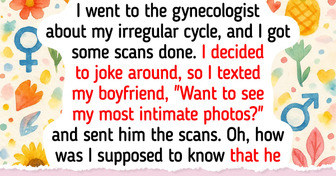
14 Moments That Prove the World Runs on Kindness, Not Cruelty

I Refuse to Support My SAHM Wife After Discovering Her Secret

My Brother Has No Kids but Refuses to Share His Inheritance With Mine—I’m Furious

12 Moment That Show Kindness Is the Glue That Keeps the World From Breaking Apart

I Refuse to Name My Baby After My Mother-in-Law, She Crossed a Line

